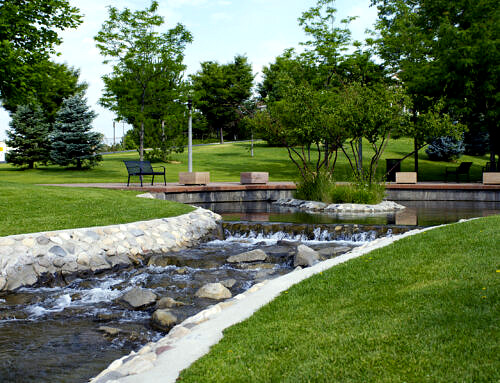Nature is an Essential!
Taken for Granted

There are lots of things we take for granted and nature is one of them. While we scurry around in our busy lives, we tend to not have time to appreciate the everyday beauty of the landscape around us. Most of us are cooped up in an office environment with stuffy air and concrete walls. We tend to keep our nose down and our eyes fixed on the task at hand, never catching a glimpse of the outside world and what it has to offer.
The Thought of Work

Even those of us who are fortunate enough to work outdoors tend to focus on our busy workday and not take in the wonder of nature all around us.
We have the mentality that work is work and free time is for when we have the time to take it. Unfortunately, most of us don’t “make the time” to “take the time” to enjoy the outdoors and all of the benefits it has to offer. That’s why we do what we do, to help promote outdoor activities with family and friends. We hope our work encourages people to take that time and treat themselves to the fun benefits of being in nature.
Deficiency of Nature
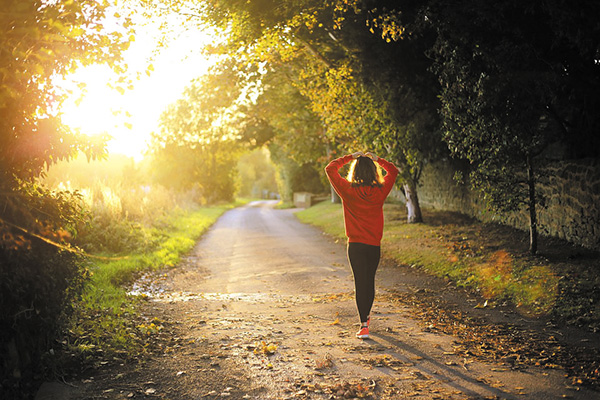
Nature-Deficit Disorder is not an anomaly in the brain; it is a physical, mental and spiritual loss of connection humans suffer when denied access to their natural environment. Staying close to nature improves our overall well-being. It makes us feel alive from the inside and we should not compromise it for recent developments; such as health-related issues, work-related issues or technology-related social media issues.
Research
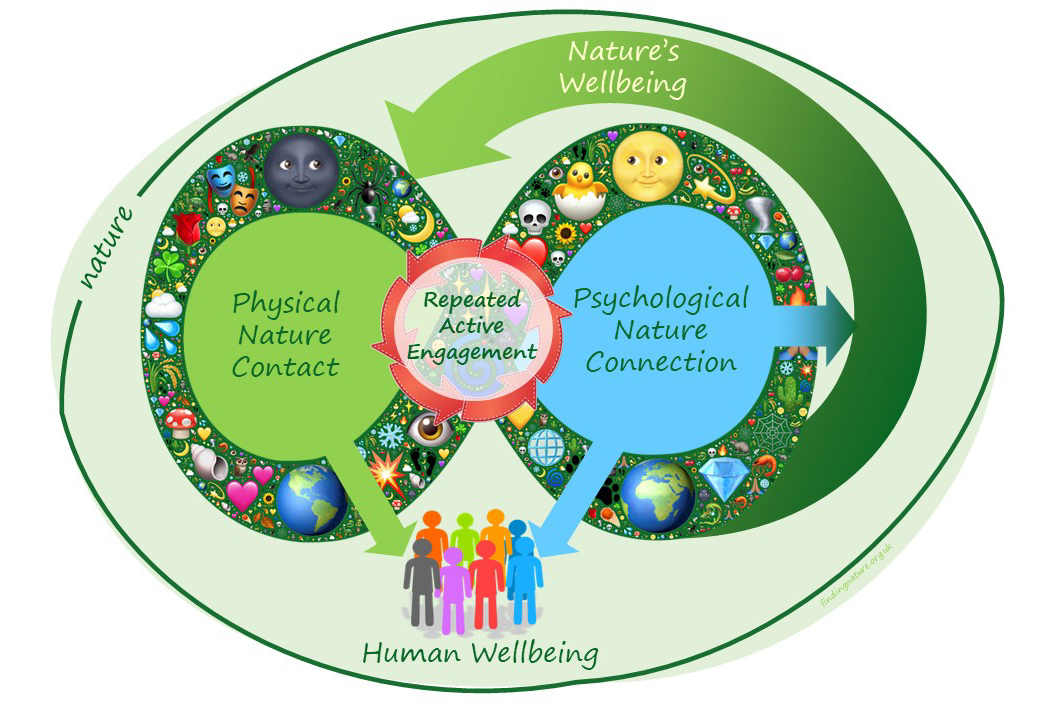
We need the benefits of staying close to nature and its positive effects on all levels of our individual well-being. Let’s see some of its importance according to research:
Nature Impacts Health
- Outdoor activities reduce the chances of developing eyesight problems like hypermetropia and myopia. A survey conducted on children in Australia revealed that school-aged kids who participated in outdoor activities had better vision than kids who spent more time indoors (Rose, Morgan, kifley, 2008).

- Studies have related nature connections to lower BMI. People who exercise outdoors are less fatigued and have fewer chances of suffering from obesity and related conditions.

- Research suggests that by stimulating the production of anti-cancer proteins; frequent walks or trips into the wilderness help patients in fighting terminal diseases. Although this is ongoing research and firmer evidence are awaited, this suggestion is strong enough to prove the benefits of being outdoors.

Nature Improves psychological Well-Being
- Nature helps in emotional regulation and improves memory functions. A study on the cognitive benefits of nature found that subjects who took a nature walk did better on a memory test than the subjects who walked down the urban streets (Berman, Jonides, kaplan, 2008).
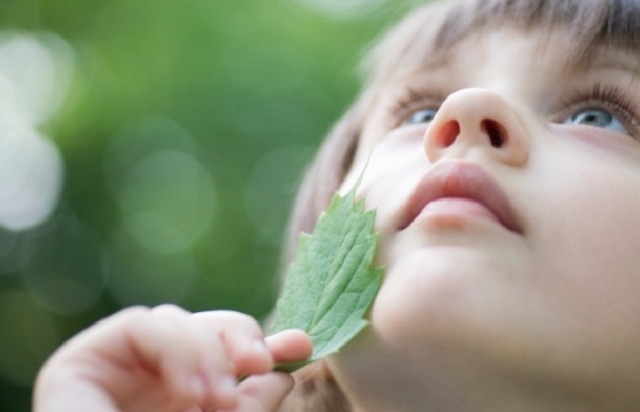
- Nature walks benefit people suffering from depression (Shern et al., 2014). Studies had shown that people suffering from mild to major depressive disorders showed significant mood upliftments when exposed to nature. Not only that, but they also felt more motivated and energized to recover and get back to normalcy (Berman, Kross, kaplan, 2012).

- Recent investigations revealed that being outdoors reduces stress by lowering the stress hormone cortisol. Besides that, it also makes us immune to allied problems like hypertension and tachycardia (Lee J, 2011).

- Nature walks and other outdoor activities build attention and focus (Hartig, 1991). There are pieces of evidence that indicate strong environmental connections to be related to better performance, heightened concentration, and reduced chances of developing Attention Deficit Disorder.
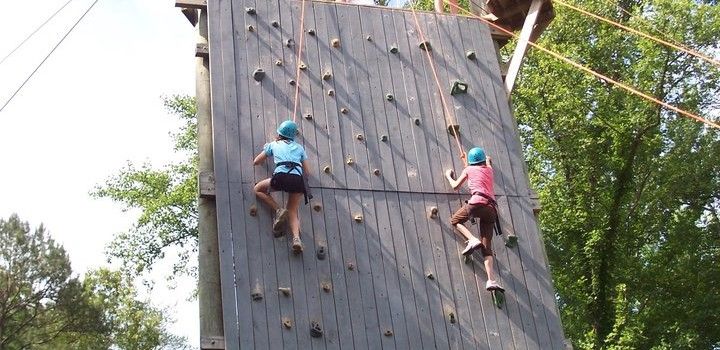
- A study at the University of Kansas found that spending more time outdoors and less time with our electronic devices can increase our problem-solving skills and improve creative abilities.

Spiritual Enhancement
- Environmental psychologists have argued that there is a value component added to the human-nature relationship. By staying close to nature, we feel more grateful and appreciative of what it has to offer to us (Harold Proshansky). Seeing the wonders of the world outside automatically fosters within us the urge to protect it.

- Breathing in nature gives us wholesome sensory awareness. When we spend time outdoors, we are more mindful of what we see, what we hear, what we smell, and what we feel.
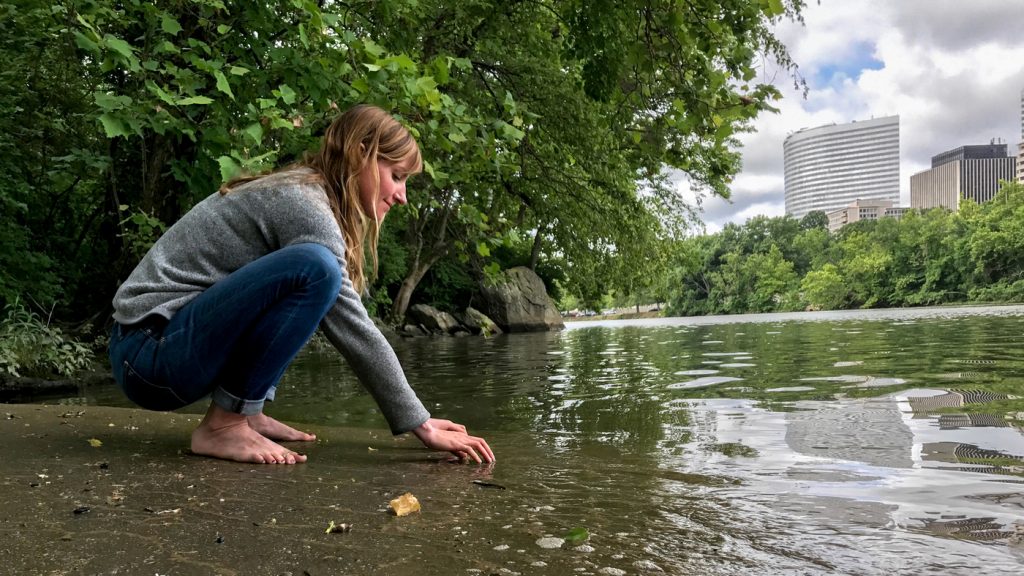
Nature is Essential

Staying close to nature, observing all the little and significant elements of it, and appreciating it from the very core, is therapeutic and self-healing. Even by saying and doing nothing, we can learn so much from connecting to our natural surroundings. It gives us the perspective for healthier living, the motivation to carry on, and the energy to keep trying. For there is no bond more primitive and ingrained in us than our love for nature and nature’s care for us.



